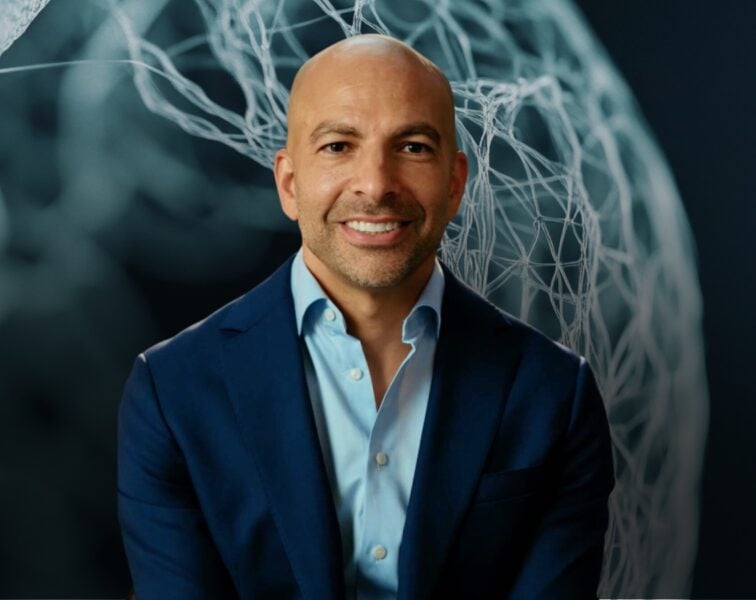Here’s a Gedanken. Let’s say you eat well, you exercise regularly, and you get adequate sleep. I’m going to take one of these strengths of yours away. Either your diet, your exercise regimen, or your sleep is going down the toilet. There’s a catch: I’m allowing you to designate one of the three as untouchable. Which one do you guard?
If I had to choose one to save, it would be sleep. Not even close.
Take a look at this study done by Eve Van Cauter and her colleagues from 2012. Spoiler alert: four days of sleep restriction (4.5 hours of sleep/night) resulted in an insulin-resistant state in fat tissue in healthy adults. What this study lacked in size it makes up for reasonably in control. Would love to see this repeated over a longer period time, with more subjects, with less extreme sleep deprivation (e.g., maybe 5.5 to 6 hours/night), and with state-of-the-art sleep measurements to actually tie the physiologic changes to loss of sleep stage. I would especially like to see more about tissue-specific insulin resistance: in addition to fat tissue, what is going on at the skeletal muscle, and liver, in the short- and long-term when sleep is compromised?
On a related note, I flagged this article on blue light from a couple months ago to share. Cool piece on how and why more blue light is all around us and how it can mess with our circadian clocks. Some good tips on how to mitigate the damage in here as well.
– Peter




